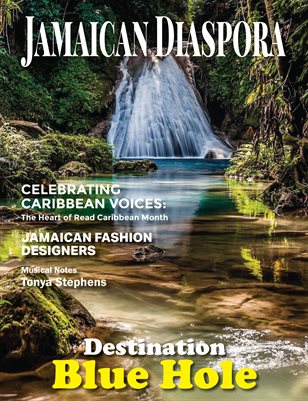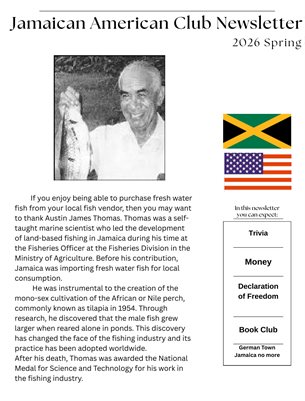At a meeting in Manchester on Wednesday 31 August 2011 and the following day at a meeting in Lewisham, I warned parents and students that when schools reopen their children would most likely be targeted either by teachers or by the resident police in those schools to find out where they were and what they were doing during the recent civil unrest, or/and who they knew that took to the streets and became involved. Parents needed to be prepared for that and guide their children as to how to respond, as I was sure that many schools would see it as their business to ‘help police shop rioters’ as a newspaper headline put it.
And all of this at a time when, with the active encouragement of the Government, courts were ‘naming and shaming’ juveniles for taking part in the disturbances on the streets or for receiving looted goods.
On Saturday, one of the young people who attended the Lewisham meeting sent me an email saying that his brother was given the following homework which was set for his entire year group:
Write an eye witness account, describing what you saw during the riots:
-the setting
-the people you saw
-what happened
Definition of eye witness: a person who actually sees some act, occurrence, or thing and can give a firsthand account of it.
While that might look like an attempt to test school students’ writing skills and their powers of recall, it is clearly inviting children to incriminate themselves and others. In order to be able to give a firsthand account, one must have been present and observing (taking pictures on your mobile phone, for example) or present and participating. In either case, the police would be interested in you. The school for its part would no doubt form a view about the fact that you were present on the streets at all.
So, what might present itself as a straightforward curriculum exercise could result in school students being excluded from school or being referred to the police as having information that could support a prosecution, theirs or those they name or are cajoled into naming in their ‘eye witness’ accounts.
Ever since 6 August 2011 when the disturbances started in Tottenham, the police have been stopping and searching school students indiscriminately and more often than not in an intimidating, humiliating and provocative manner. Now, the schools are using their equivalent of ‘Stop & Search’.
Guidance to Parents:
Be watchful!
Talk to your child about what s/he is being asked in school concerning ‘the riots’.
Tell your children that since they are not ‘rioters’ they should not be running off their mouths about what happened on the streets. Their teachers would have seen on television or read in the newspapers the same things that they saw.
If your child brings home homework of the sort described above, telephone or write to the school as follows:
My child has been asked to describe what s/he saw during ‘the riots’.
I take it that s/he could approach this as a creative writing exercise?
I have been having discussions with her/him about the ‘Arab Spring’ and the civil unrest in Egypt, Tunisia, Syria and Libya. Libya is especially interesting at the moment.
I want to make sure that my child will not be penalised for describing and commenting upon what s/he has been witnessing the citizens of those countries doing on their streets.
If the school insists that they want your child to write about ‘the recent riots in Britain’, tell them that your child is not a ‘rioter’ and cannot therefore give an account of what s/he saw during ‘the riots’.
Professor Gus John
Interim Chair: Parents and Students Empowerment
London England





No comments:
Post a Comment